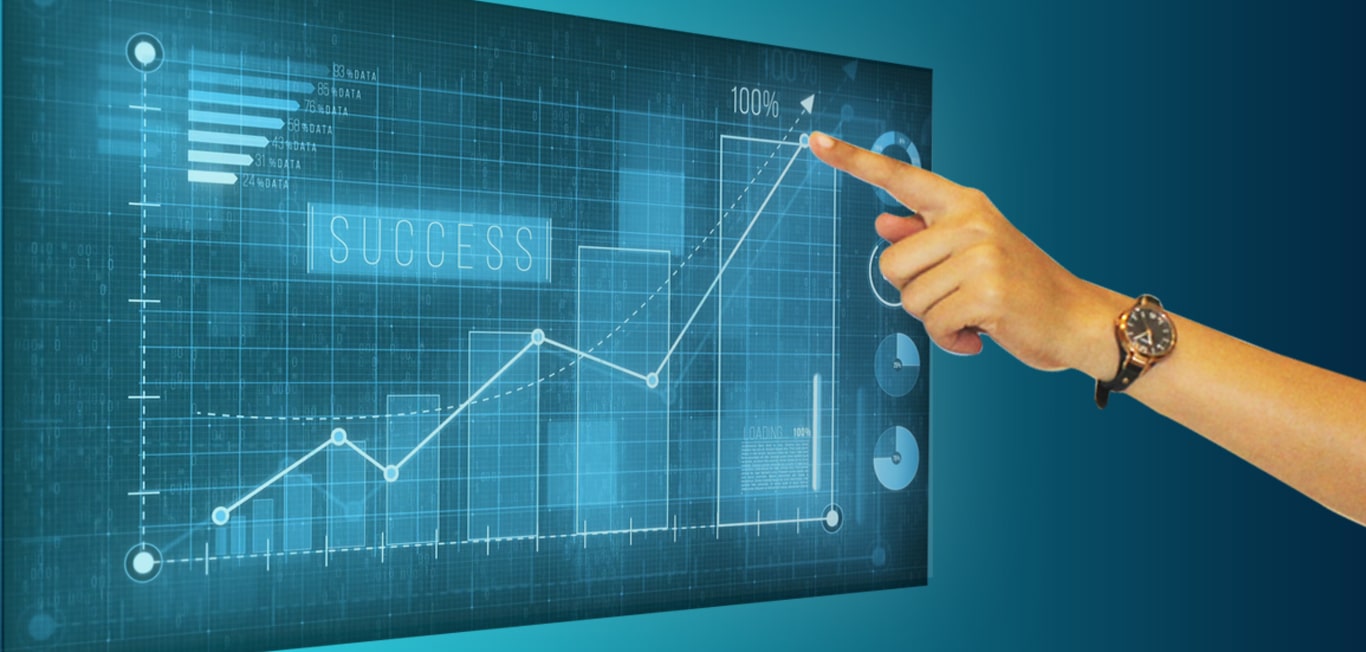Welcome to the exciting world of trading strategies! If you’re interested in trading, then you’re probably aware of the many different strategies that traders use to make money in the markets. Whether you’re a novice trader or a seasoned professional, having a good trading strategy is essential to success. In this blog article, we’ll be exploring some of the most popular chatGPT trading strategies and providing you with an introduction to each one.
One of the key things to understand about trading strategies is that there is no one-size-fits-all solution. What works for one trader may not work for another, and what works in one market may not work in another. This is why it’s important to have a good understanding of the different strategies available and to be able to adapt your approach as needed.
Throughout this article, we’ll be discussing the pros and cons of each strategy and providing you with tips and insights that will help you to develop your own trading style. Whether you’re interested in day trading, swing trading, or long-term investing, there’s something here for everyone.
So, if you’re ready to dive into the world of trading strategies, let’s get started!
Can ChatGPT Help With Trading?
Yes, ChatGPT can certainly help with trading. As a large language model, ChatGPT has been trained on a vast corpus of data and has a wide range of knowledge in many different areas, including finance and trading.
ChatGPT can provide insights and information on various trading strategies, market trends, and news that can be useful for traders. It can also answer specific questions related to trading and finance, such as how to calculate risk-reward ratios, how to interpret technical indicators, and how to analyze financial statements.
Moreover, ChatGPT can help traders to stay up to date on market developments and news by providing real-time updates and analysis. For example, if there is breaking news that could potentially impact the market, ChatGPT can quickly analyze and summarize the news, allowing traders to make informed decisions.
In addition, ChatGPT can also assist traders in backtesting their trading strategies. By providing historical market data, ChatGPT can help traders test their strategies and evaluate their performance under different market conditions. This can be particularly helpful for developing and refining trading algorithms.
Overall, ChatGPT can be a valuable resource for traders looking to improve their knowledge and skills in the world of trading. However, it is important to remember that trading involves risk and that no strategy or tool can guarantee profits. It is always important to do your own research and analysis and to carefully consider your own risk tolerance before making any trading decisions.
3 Examples of Trading Strategies With ChatGPT
ChatGPT is a powerful tool that can be used to assist in trading. Here are three examples of how ChatGPT can be used to trade:
- Sentiment Analysis ChatGPT can be used to analyze news articles and social media feeds to identify sentiment around a particular stock or market. This can help traders gauge market sentiment and make more informed trading decisions. For example, if ChatGPT identifies a lot of negative sentiment around a particular stock, a trader may decide to take a short position.
- Technical Analysis ChatGPT can also be used to analyze technical indicators such as moving averages, RSI, and MACD. Traders can input historical price data into ChatGPT, and it can identify potential entry and exit points based on these technical indicators. This can help traders identify profitable trading opportunities and improve their overall trading performance.
- Predictive Analysis ChatGPT can be used to make predictive analyses on future price movements. By analyzing historical price data and using machine learning algorithms, ChatGPT can make predictions on where the market may move in the future. This can help traders make informed decisions on their trading strategies and increase the likelihood of making profitable trades.

It’s important to note that ChatGPT should not be used as the sole basis for trading decisions. It is a tool that can assist in making more informed decisions, but traders should still use their own analysis and judgment to make trading decisions. Additionally, it’s important to use historical data when using ChatGPT for trading, as the model is not able to predict future events or market conditions.
How Reliable ChatGPT Can be in Trading?
While ChatGPT is highly advanced and has the ability to analyze large amounts of data, it is still a machine learning model and is subject to certain limitations.
One of the main limitations of ChatGPT is that it can only analyze historical data. While this can be useful in making predictions about future market movements, it cannot account for unforeseen events or changes in market conditions. Traders should always use their own analysis and judgment when making trading decisions, and should not rely solely on ChatGPT predictions.
Additionally, the reliability of ChatGPT will depend on the quality of the data inputted into the model. If the data is incomplete or inaccurate, the predictions made by ChatGPT may also be inaccurate. Traders should take care to ensure that the data they input into ChatGPT is of high quality and relevant to the market they are trading in.
Overall, ChatGPT can be a valuable tool in trading, but it should not be relied upon as the sole basis for trading decisions. Traders should use ChatGPT in combination with their own analysis and judgment, and should take care to ensure that the data inputted into the model is of high quality and relevant to the market they are trading in.
n.b: this is not financial advice

